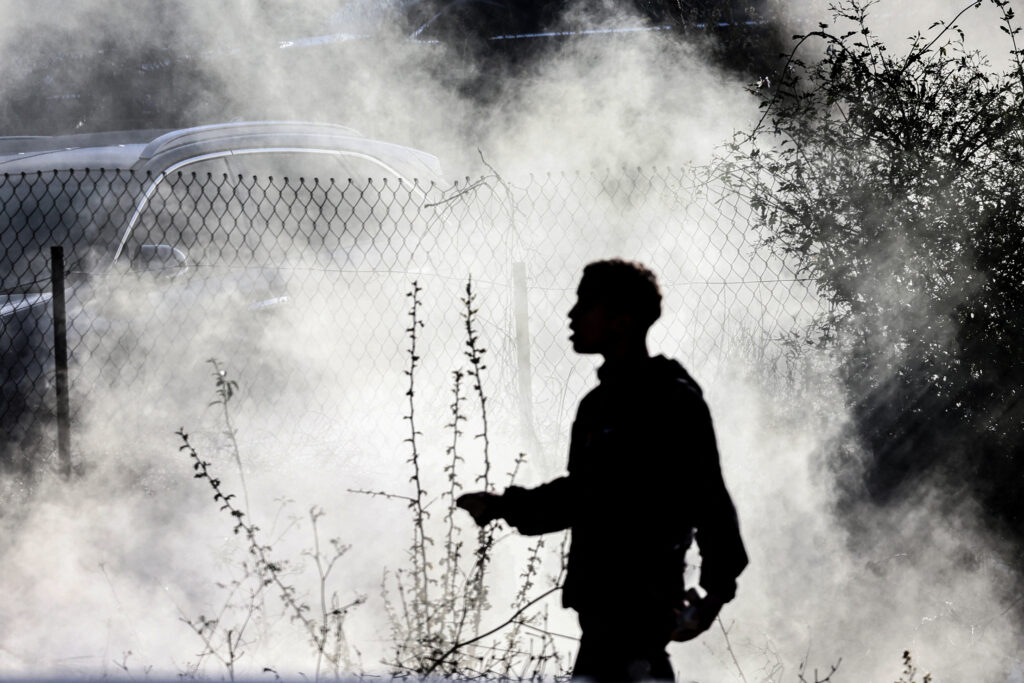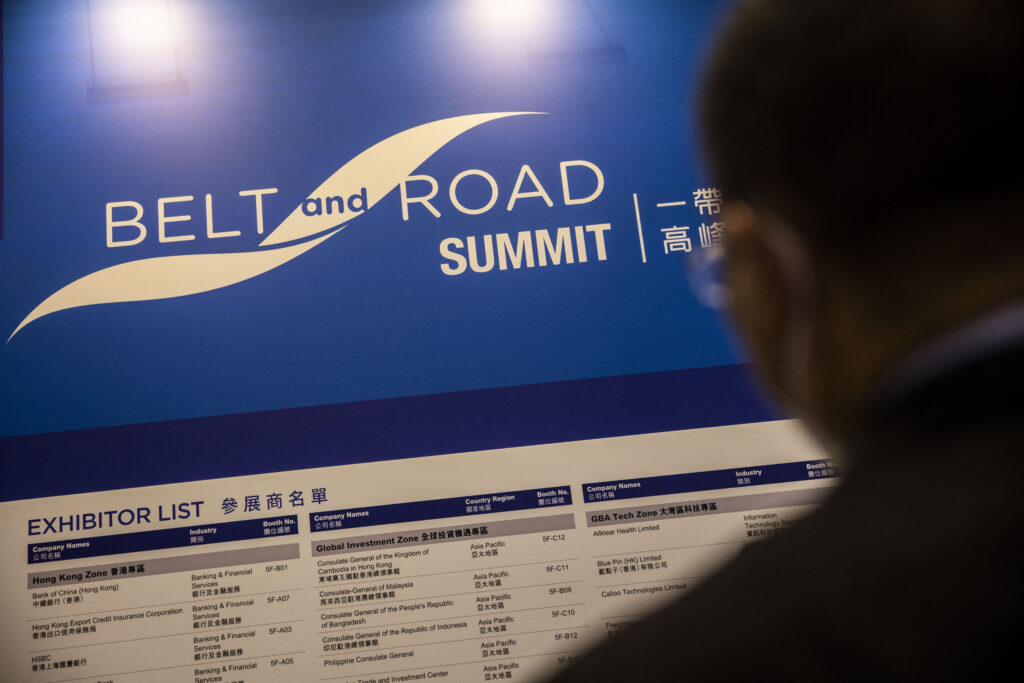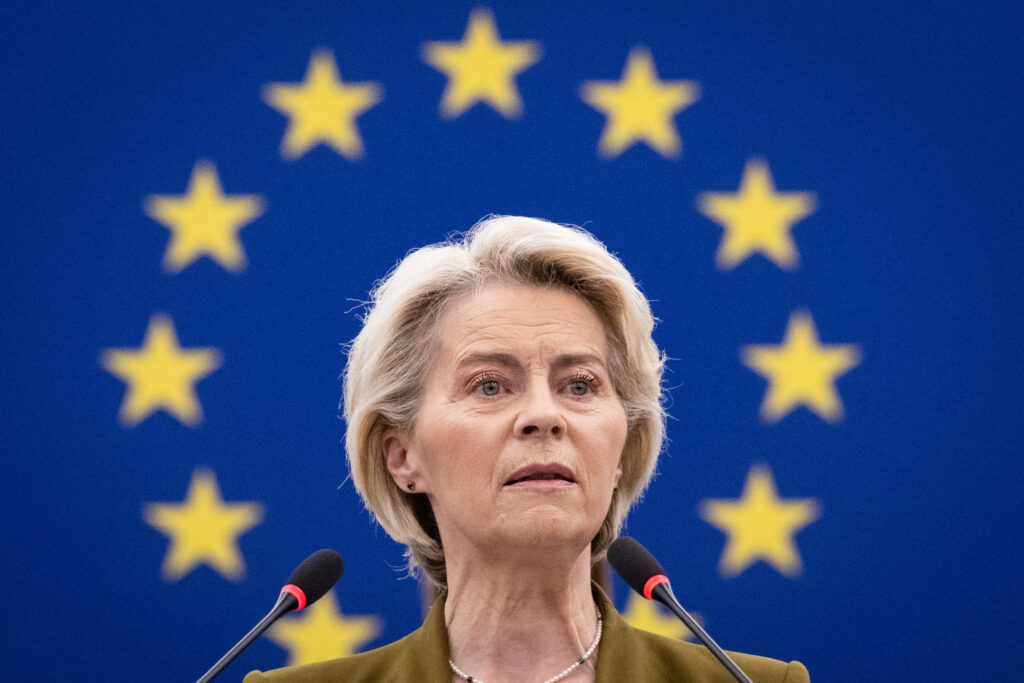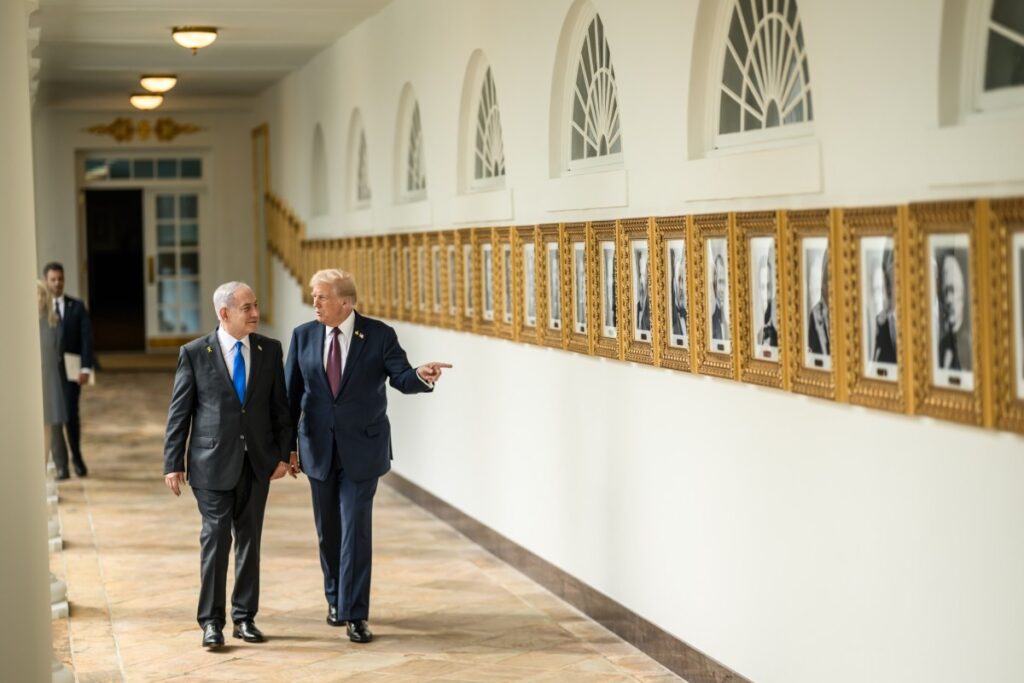Developments in the Middle East Insight Series
A Note from the Editorial Team
Last Friday, Victor Kattan’s Insight focused on developments in Palestine with the landmark deal signed between Fatah and Hamas, possibly paving the way for a greater Palestinian unity against Israeli occupation. We continue to keep abreast of developments in the Middle East as they happen, focusing this week on Iraq and the Kurdish Question. As part of our ongoing Developments in the Middle East Insight series, MEI’s Fanar Haddad explains how the Kurdish Referendum on the 25th of September might paint a less optimistic picture of rapprochement between the Iraqi federal government and the Kurdish people.
By Fanar Haddad
No sooner had Iraq allowed itself a cautious sigh of relief as the Islamic State’s (IS) ‘Caliphate’ crumbled than the benighted country lurched towards the brink of yet another war. The long-unsustainable relationship between the federal government in Baghdad and the Kurdish Regional Government (KRG) in Erbil is threatening to reach a violent breaking point that will prove catastrophic for all concerned.
The Kurdistan Independence Referendum
The immediate trigger for the ongoing crisis was the independence referendum on September 25 that was unilaterally and extra-legally initiated by the KRG’s dominant political party, the Kurdistan Democratic Party (KDP). The referendum was especially controversial in that it was held not just in the official provinces of the autonomous Kurdish region but in the disputed areas that are claimed by both Baghdad and Erbil as well. It was also a somewhat contentious issue within the Kurdish region of Iraq in that some suspected the KDP and its leader, Kurdistan regional President Mas’ud Barzani, of using the issue of Kurdish independence for their own political ends and to outflank their Kurdish political rivals.
Whatever lay behind the decision to hold the referendum, Kurdish nationalist fervor has reached fever-pitch since the vote. Baghdad’s objections have been no less assertive and both sides have witnessed a dangerously volatile rallying around their respective flags. Not unexpectedly, the epicentre of mounting pressure has been the long-contested oil-rich city of Kirkuk.
According to the Iraqi constitution, the status of Kirkuk was to be decided by a referendum that has yet to be held. The disputed area was seized by Kurdish forces in 2014 as Iraqi forces collapsed in the face of the IS (or ISIS as they were then known) onslaught. Now, Baghdad is demanding a return to the 2014 status quo ante and joint administration of the region. The Kurdish position has thus far been resistant to surrendering any of the gains made in 2014.
The current crisis goes beyond the immediate triggers and events of the last few weeks however: it is about the extent of Iraq’s writ and the nature of the relationship between Baghdad and Erbil, Arabs and Kurds.
Conflict Averted – But for How Long?
It remains likely that the current standoff will pass without an all-out war. Although it has taken brinksmanship to an unprecedentedly dangerous new high, this episode is not the first time Arab and Kurdish forces have come close to conflict. Herein lies the point: even if conflict is averted, how many more standoffs at the precipice can Baghdad and Erbil survive? How long before this happens again and how long can the pretense of an Iraq that includes the Kurds be maintained?
The gravity of the IS challenge in 2014 and the threat posed to both Baghdad and Erbil was a missed chance to reformulate the relationship between the two. Today, returning to the status quo ante of 2014 should not be a goal and it might not even be an option. Iraq’s Arab-Kurdish relations have long been unsustainable and counter-productive to both sides. What is needed at this juncture is not just a way out, but a way forward as well. Political vision and courage are needed to reformulate Arab-Kurdish relations beyond the opposing mantras of Kurdish victimhood and Iraqi nationalism.
Both Baghdad and Erbil have an unrealistic – paradoxical even – conception of Iraq and the post-2003 order. Erbil insists on having a larger share of a country it dreams of dismantling and Baghdad insists on maintaining union with, and authority over, a people it routinely accuses of having a parasitic relationship with Iraq. Each side views itself as occupying the losing side of the relationship and both approach the issue with their own guiding myths: the notion that Kurds are uniquely victimized by the post-2003 order on the one hand and the idea that Kurdistan is an integral part of Iraq on the other.
Both sides need to move beyond these fanciful and impractical positions. For that to happen, the political classes will need far more strategic thinking and political vision than they have been capable of thus far.
Kirkuk: Evergreen Flashpoint
To take Kirkuk, the reality is that neither side is likely to gain complete control over Kirkuk and its resources. Any attempt to do so will turn it into a recipe for prolonged instability and, more probably, war. Recognition of this, and a willingness to back down from long-standing zero-sum positions can open a path forward. For example, if both Baghdad and Erbil accept the idea that Kirkuk must be shared (a tall order), then the matter of Kurdish statehood can be addressed more seriously. By decoupling Kirkuk from Kurdish independence, the latter can be more seriously pursued as part of a larger reformulation of Baghdad-Erbil relations.
With enough political will, Kirkuk can be jointly administered and its oil resources jointly exploited. This would hardly be unusual as Iraq already shares the supergiant Rumeila fields with Kuwait to the south. A willingness to compromise could see a similar framework implemented in Kirkuk perhaps under UN supervision until enough trust is built between the two sides.
Kirkuk is not the only disputed territory but it is the most contested. Solve Kirkuk in a mutually agreeable way and the remaining disputed areas may become less complicated.
None of this is even remotely possible without a fundamental shift in how Baghdad and Erbil view Iraq and Kurdistan. Any resolution to the current crisis that involves a return to business-as-usual will ultimately be little more than a truce before the next showdown – and how many of those can be contained before the political classes lose control of the passions they so irresponsibly manipulate? A reassessment of the fundamentals of Baghdad-Erbil relations is urgently needed.
Towards a New Framework
Even if Erbil is somehow made to accept the benefits of decoupling Kirkuk from Kurdish independence, will Baghdad be willing to lend its support and accept an independent Kurdistan? The record indicates that, whether out of genuine conviction or political calculation, Arab Iraqi politicians are ardently opposed to the notion of Kurdish independence. Yet this begs the question of why Arab Iraq is so insistent on keeping Kurdistan Iraqi given the incessant complaints of what they regard as the Kurds’ bad faith and exploitation of Iraq? Indeed, there seems to be a paradoxical correlation between anti-Kurdish sentiment and unitary Iraqi nationalism: the voices that complain the most about the burdens of Baghdad’s relations with Erbil are those most resistant to loosening, let alone jettisoning, the relationship in any shape or form.
If Baghdad were willing to support Kurdish independence (without Kirkuk), then Arab Iraqi politicians need to have the courage and political will to express their support for, or at least their willingness to explore, the possibility of Kurdish separation. At the moment, this remains one of the most far-fetched scenarios but it is one of the most urgently needed ones. For better or worse, the fates of Arabs and Kurds have been tied in Iraq for the better part of a century; their separation should be the end product of a collaborative project rather than the imposition of a one-sided solution or the coercion of one side or the other.
This is not a dreamer’s call for peace and harmony; rather, it is a call for both sides to better serve their respective national interests. A more strategically minded leadership in Baghdad would not seek to reassert authority over a Kurdistan that has been a practically separate entity since 1991. Rather, it would instead try to engineer the creation of a friendly northern neighbor – be it in the form of full separation, consociationalism or a reformulated and reinforced federalism.
In an ideal world, far-sighted politicians in Baghdad would work with like-minded Kurdish counterparts in order to help reach an amicable separation (or at the very least a reformulation of ties). This would be the beginning of a complex process spanning several years with several working groups working towards a resolution of all outstanding issues. Unfortunately, many of the prerequisites for such a bold move are nowhere to be found: in addition to political will, courage and vision, a clearly enunciated mutual desire for separation is one of the key missing ingredients.
Divided They Will Stand
Were they in agreement on the need for separation, Baghdad and Erbil would have been better placed to address the many contentious issues between them. Crucially they would also be better placed to negotiate with, and sell the idea to, their predictably suspicious regional neighbors. Erbil needs no convincing as to the merits of separation but they do need to adopt a more flexible posture that allows for a less than perfect realisation of their dream of statehood. Baghdad on the other hand needs to grasp the costs of the status quo and the benefits of helping to create a friendly northern neighbor tied to Iraq through mutual interest.
With an amicable separation, the two entities could be bound through strategic frameworks. These would be agreed in advance and would go a long way towards governing the relationship between the two. Obvious areas of mutual interest would include security, hydrocarbons and water resources. A more far-sighted political elite would have appreciated the importance of these issues and the need for cooperation in addressing them.
Highly Needed, Highly Unlikely
There are major obstacles that render the much-needed shift in political thinking a remote possibility. In addition to the potentially spoiling role of regional powers and the abject lack of political will, courage and vision, Iraqi politicians have to overcome the emotional barrier and fear of being labeled the authors of Iraq’s breakup. Similarly, Kurdish leaders will have to accept shared ownership and co-management of ‘their Jerusalem’ (Kirkuk) as the price of statehood.
Making matters more difficult, the fractious nature of Iraqi politics inherently works against compromise. In Baghdad, a united front for compromise is almost impossible to achieve. As such, brave or original ideas are easily undercut by opponents who will resort to the lowest common denominator: a unitary Iraqi nationalism. This is the surest way to discredit any conciliatory move on the Kurdish issue.
But it begs the question: to what end? What, from an Iraqi perspective, is the benefit of insisting that a population so allergic to the idea of Iraq remain Iraqi? Whom does it benefit?
Even if the current crisis passes without an all-out war and even if it ends with a return to a mildly reshuffled form of the status quo ante, Arab Iraqis would be sorely mistaken if they celebrate this as an Iraqi triumph: it would be a completely Pyrrhic victory that merely intensifies the mutual mistrust and delays confrontation.
As distant a prospect as it seems, relevant stakeholders need to start formulating a new and mutually agreeable framework that is bold enough to aim for a genuine alternative to the dysfunction of Arab-Kurdish relations thus far. Stakeholders must be able to re-imagine Iraq and Kurdistan: the former without the latter and the latter without Kirkuk. This is the only alternative to a state of perpetual crisis that may one day spiral out of control to the detriment of all.
Fanar Haddad is Senior Research Fellow at the Middle East Institute National University of Singapore. He is the author of Sectarianism in Iraq: Antagonistic Visions of Unity. https://nus.academia.edu/FanarHaddad; @fanarhaddad





